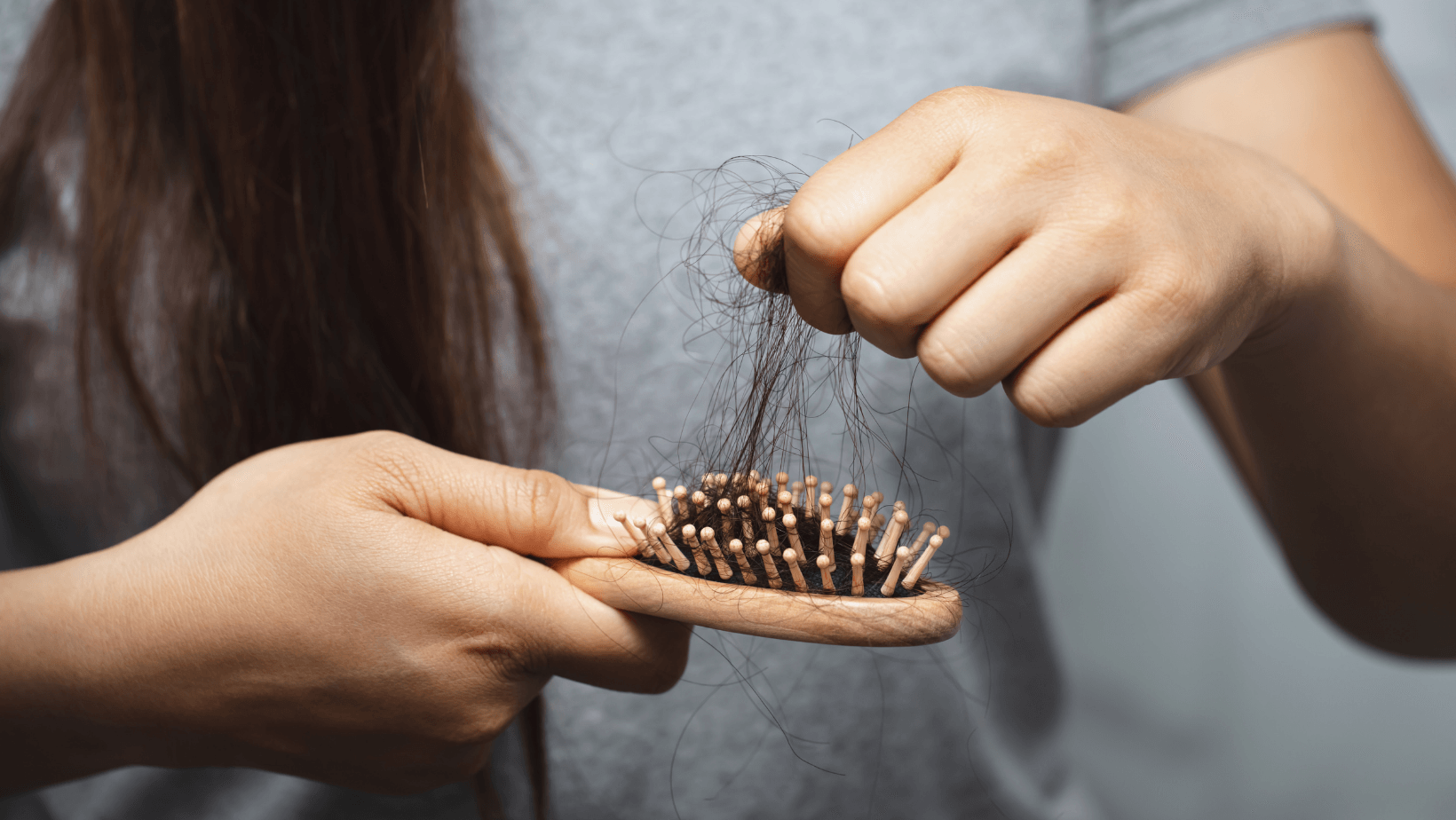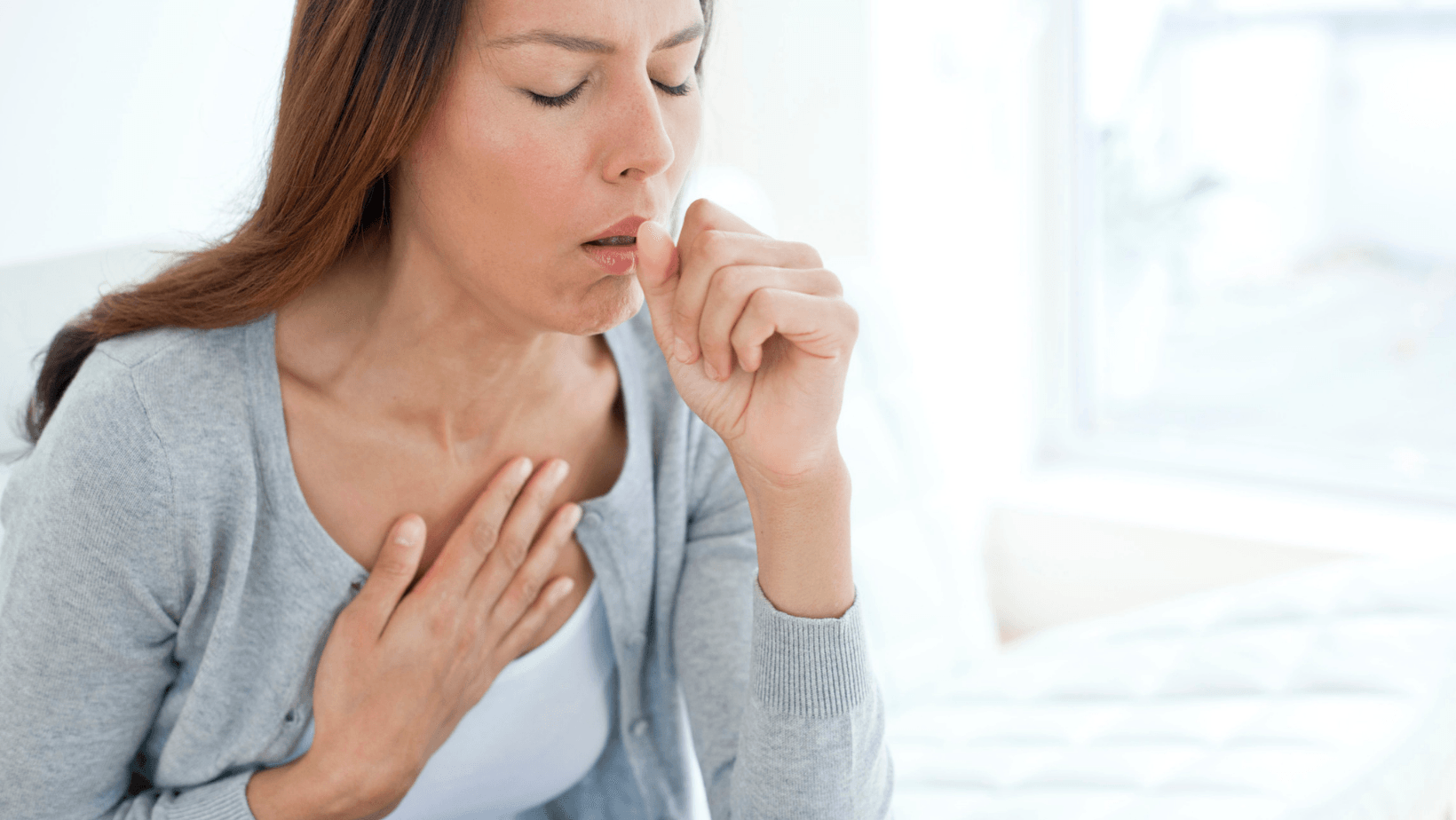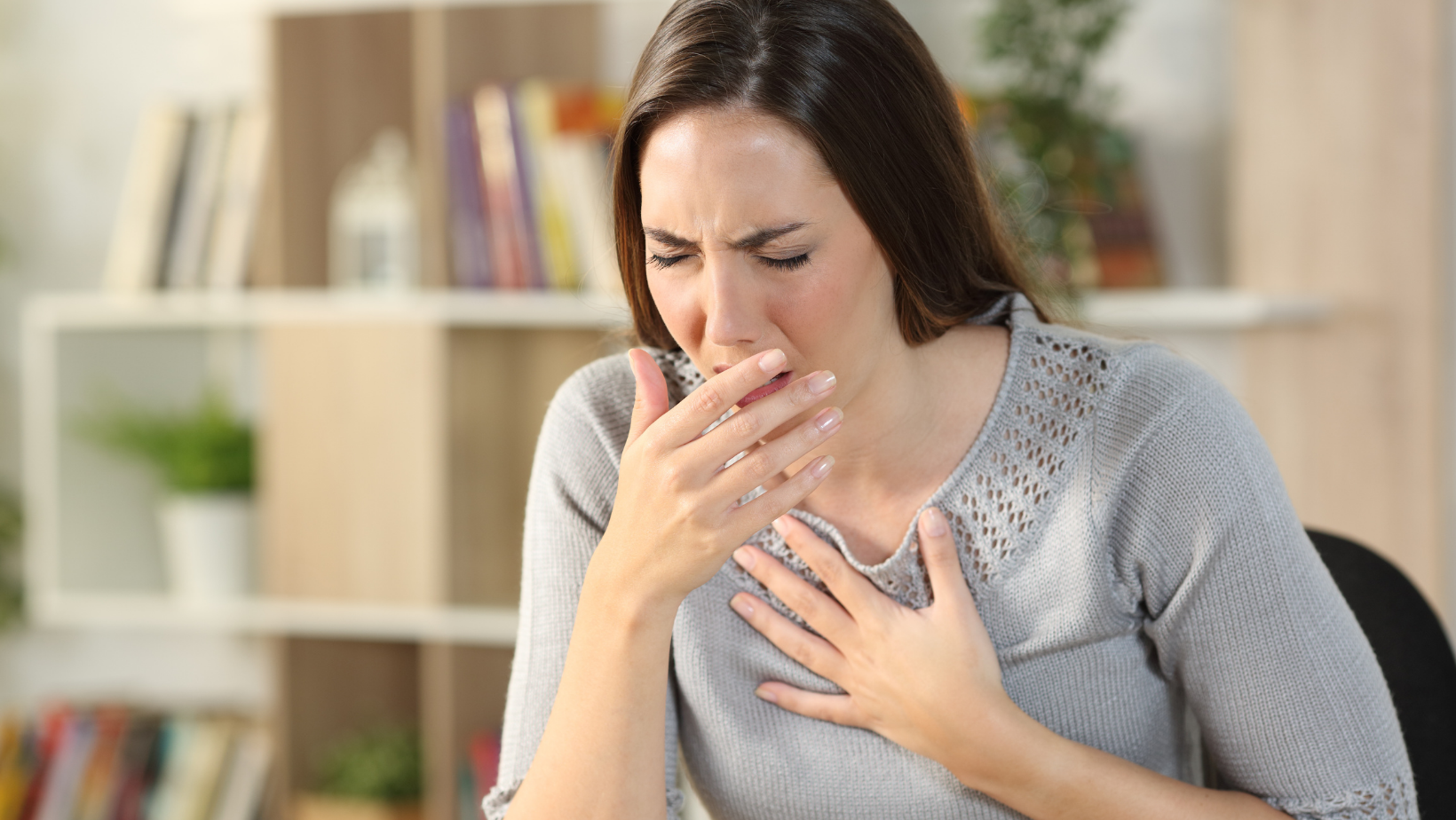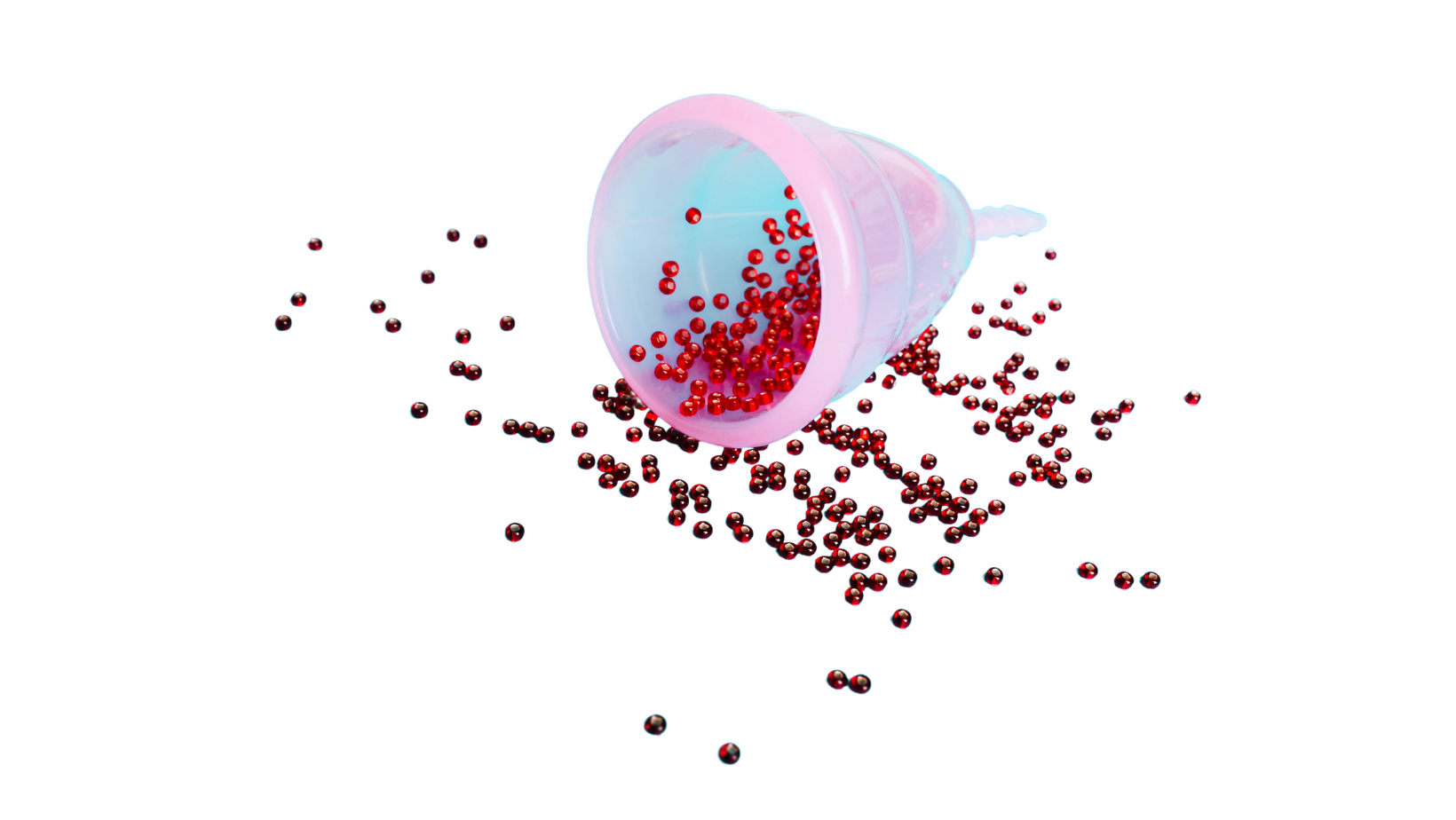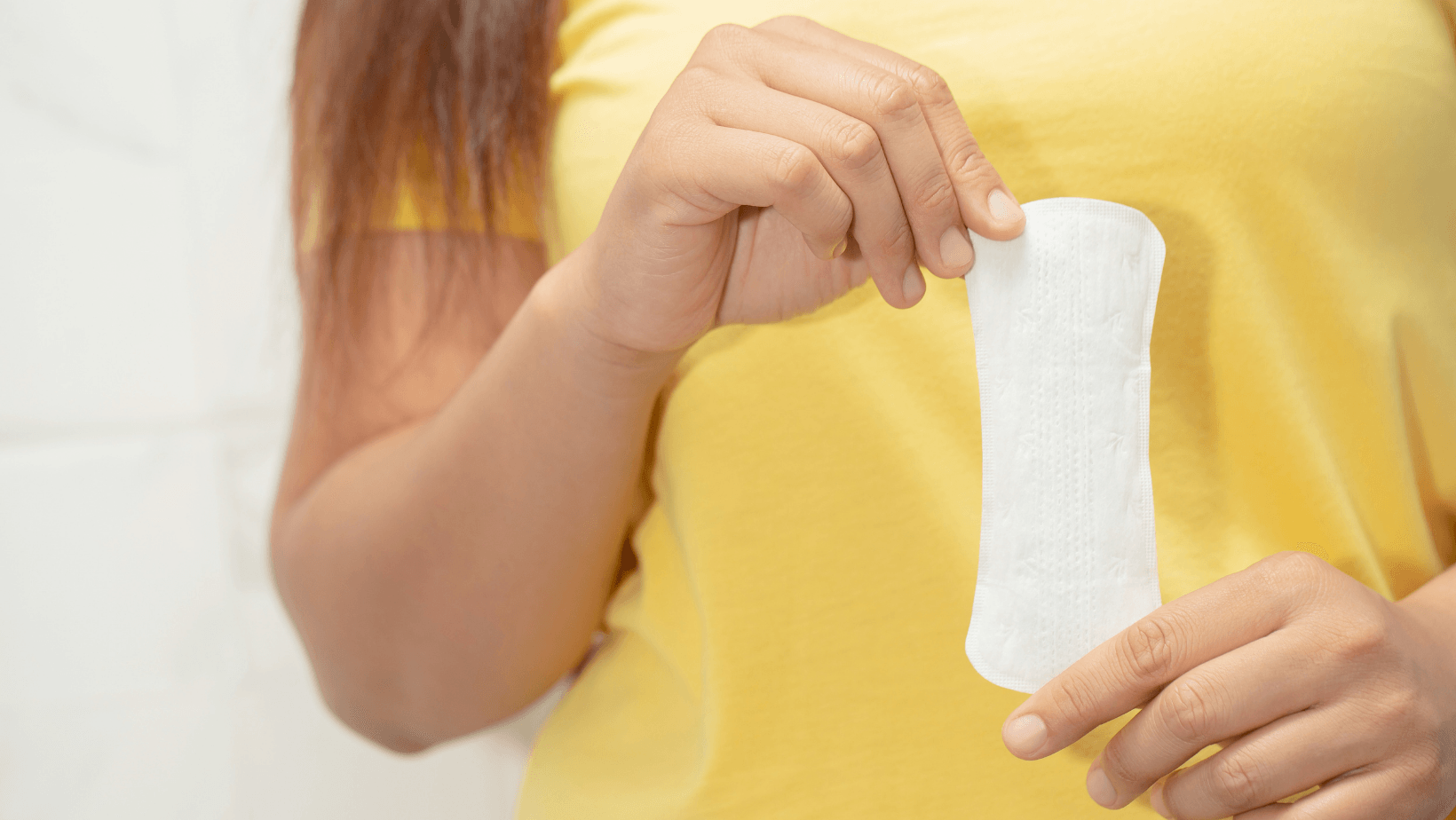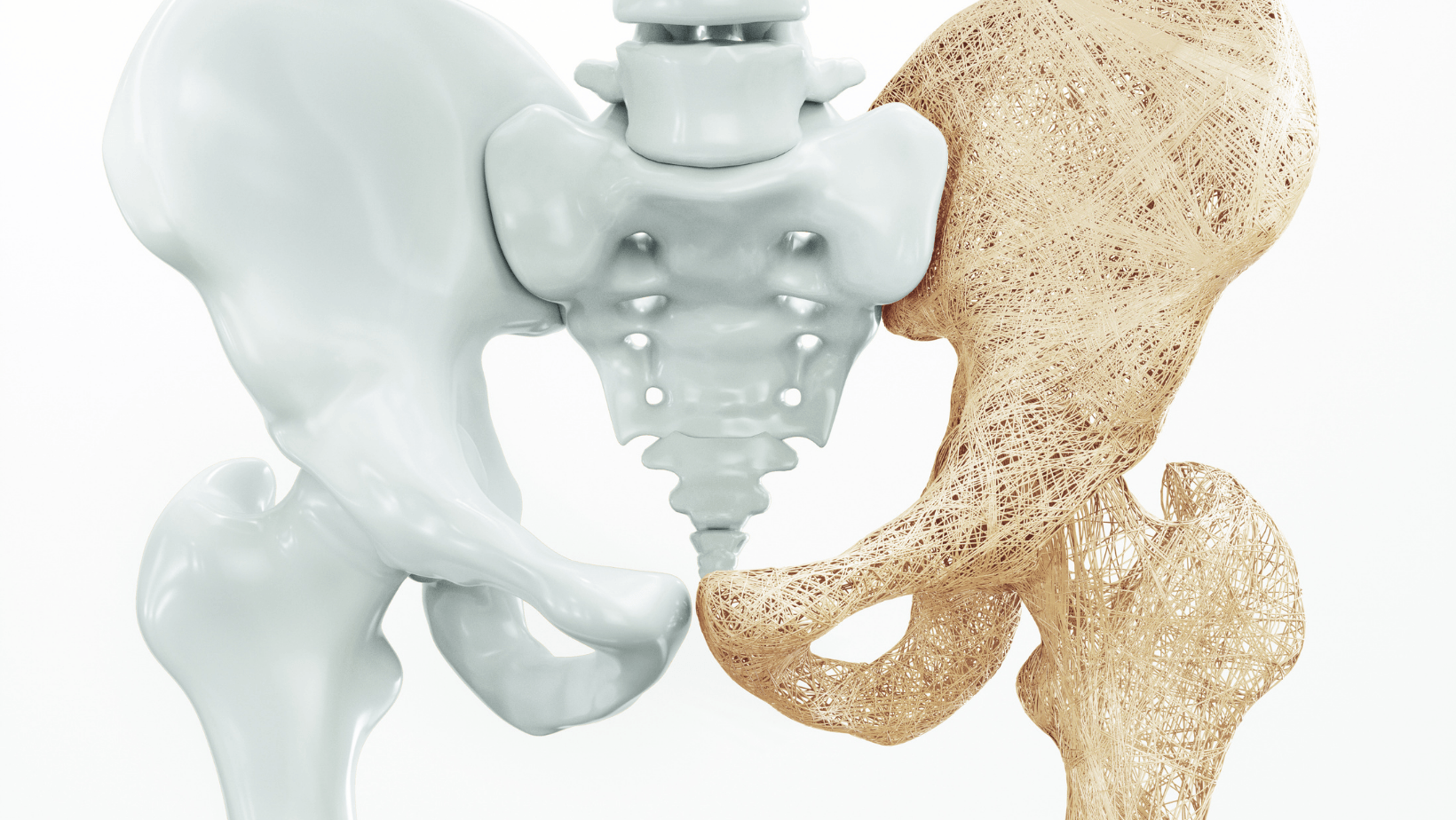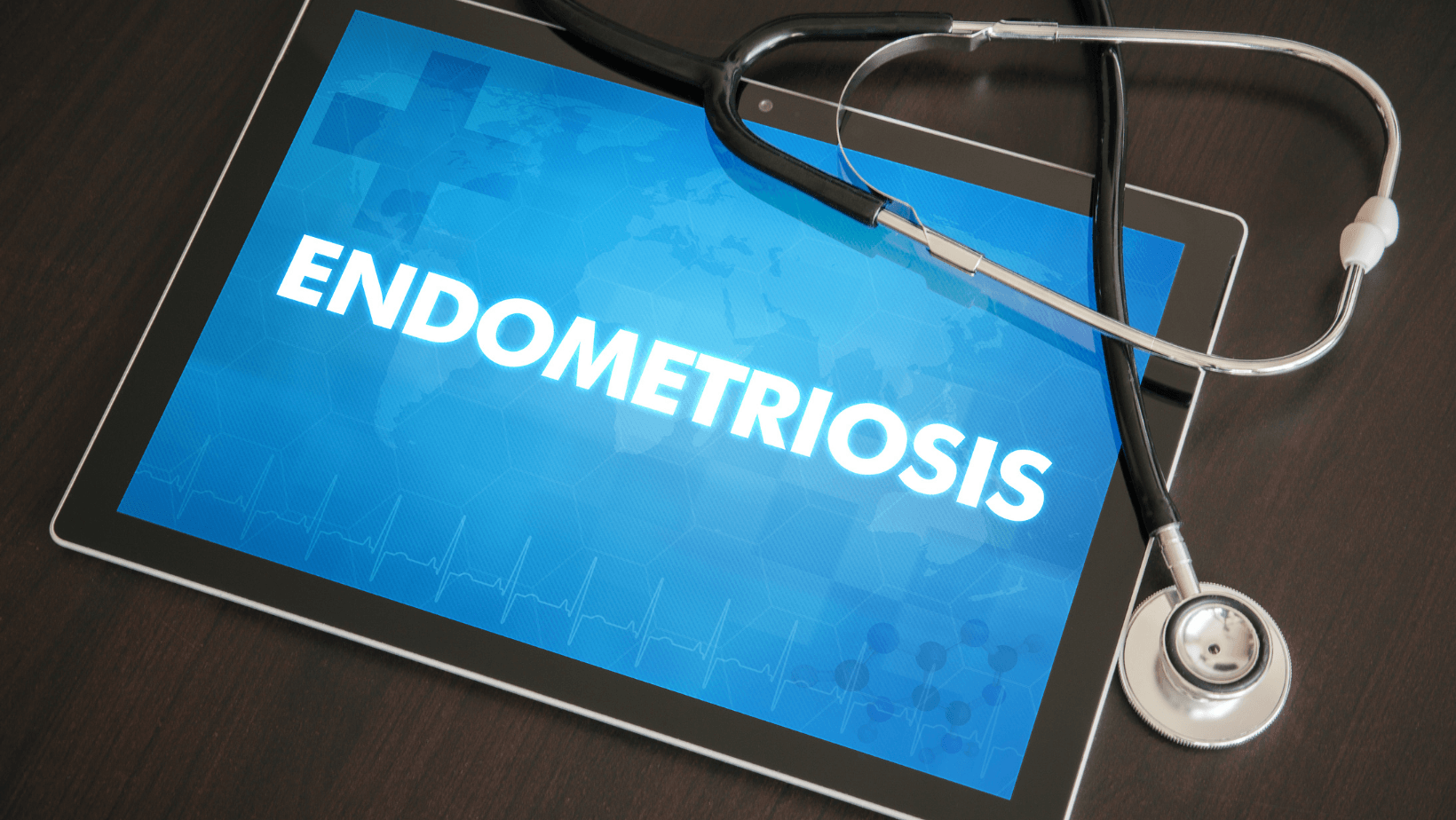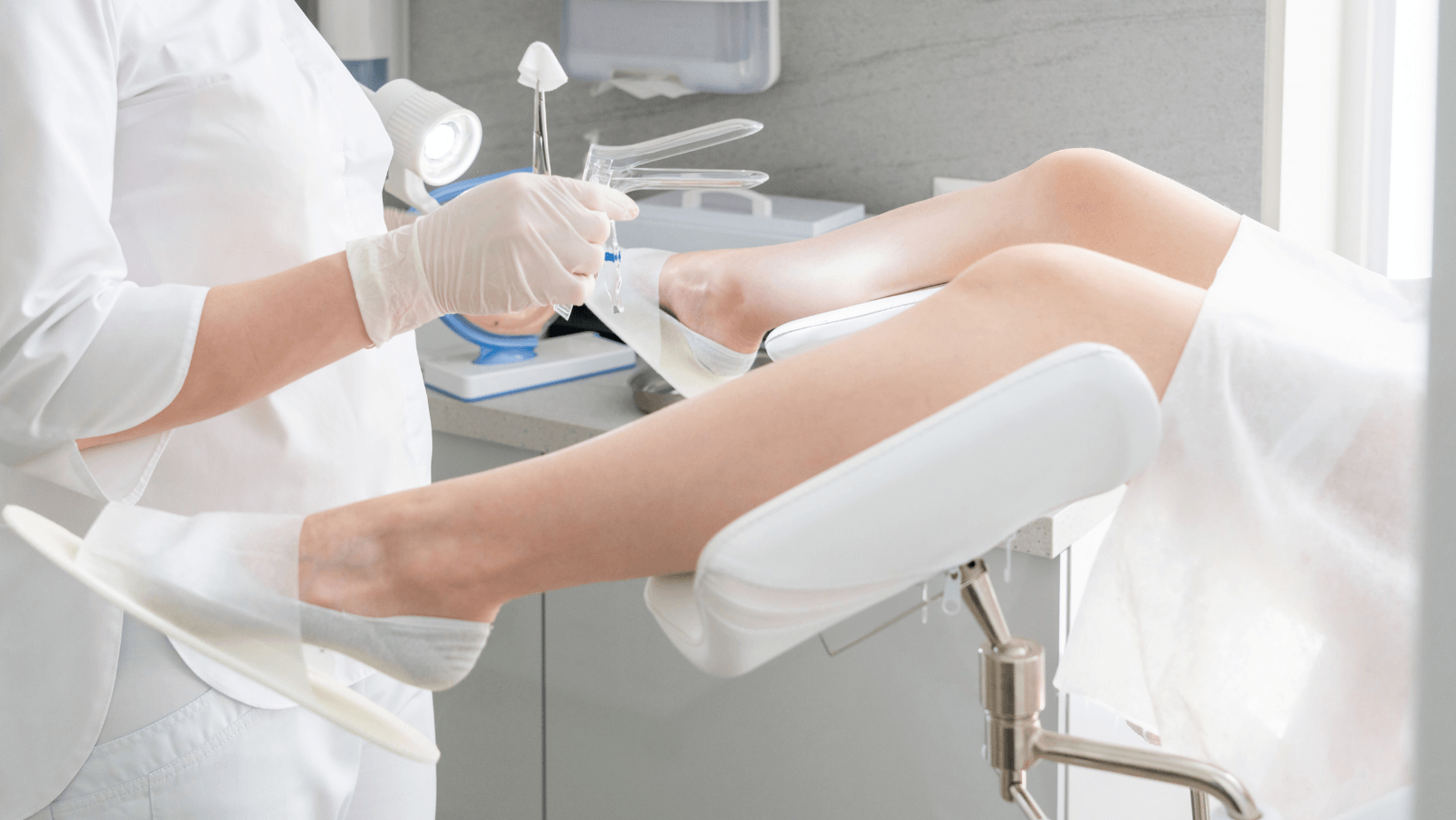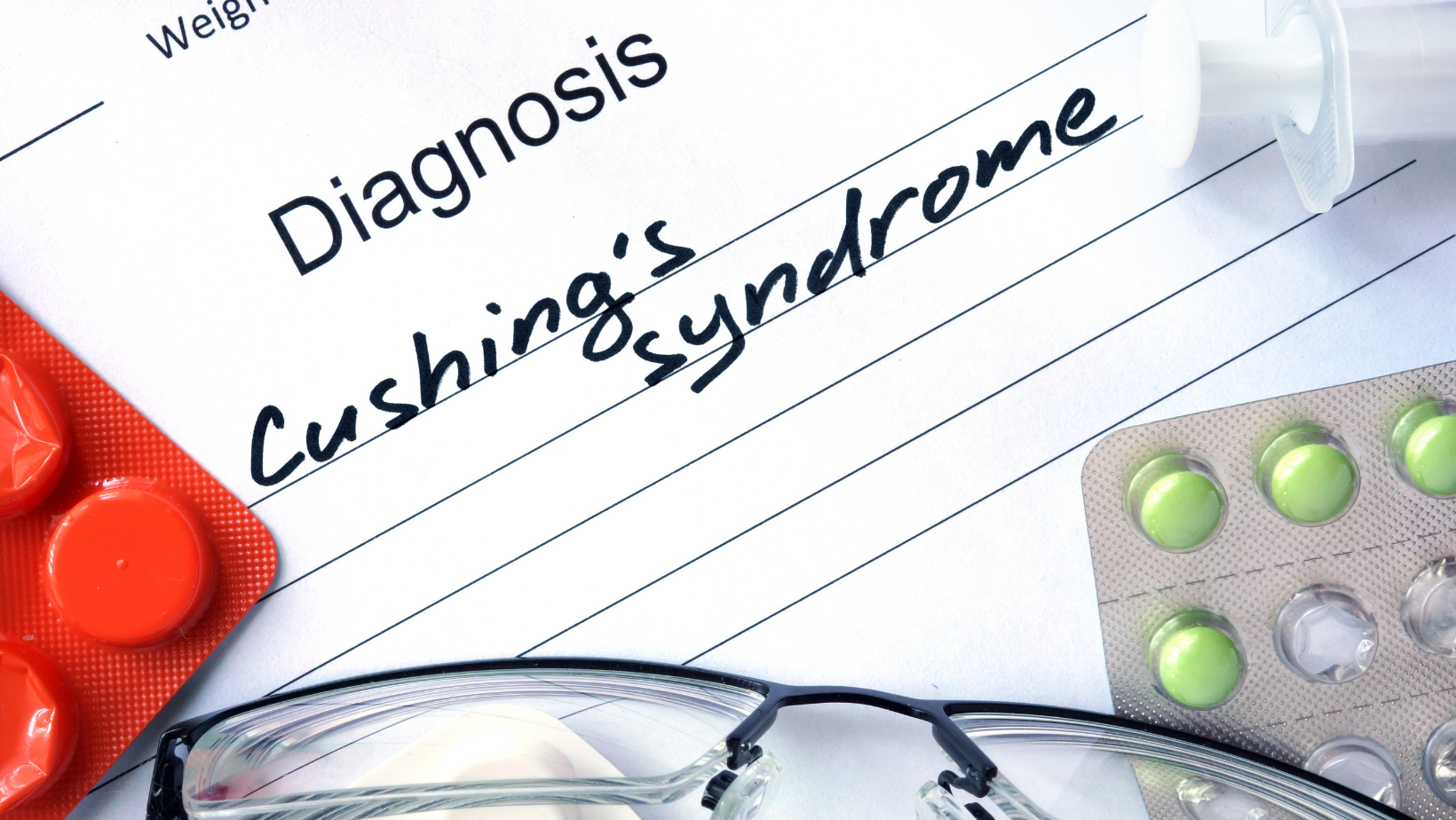Frequent Urination - Symptoms, Causes, and Treatment - Avicenna Health
Definition of the illness
Frequent urination is the need to urinate many times during the day, 24-hour period, or only small amounts, and may occur both day and night.
This is a symptom of many conditions and can have multiple choices to treat.
İt is expected at some point in life, like during pregnancy, so that pregnant women may need to pee more frequently, and it usually stops after birth. However, frequent urination can be due to other health issues that are not normal parts of life and do not fade over time. It can be because of diabetes, overactive bladder syndrome, UTIs, or prostate problems.
However, this condition can affect work, sleep, and general well-being.
Symptoms
- Fever
- Chills
- Uncontrollable bladder
- Needing to urinate more than normal
- Pain or burning when urinating
- Strong-smelling urine
- Pelvic pain
- Blood in the urine
Causes
Frequent urination may be due to diseases related to the urinary tract.
The urinary tract includes:
- Kidneys
- Ureteral: two tubes link the kidneys to the bladder the bladder
- Urethra: normally, urine flows through it from the bladder out of the body
So several factors may be linked to frequent urination, such as:
- Diabetes: is often an early symptom of type 1 and type two diabetes because the body has to get rid of extra glucose by urination.
- Pregnancy: Usually, during the early weeks of pregnancy, the bladder gets squished as the baby grows and takes more space inside the body, so frequent urination is a prevalent and typical pregnancy symptom.
- Prostate enlargement: the prostate is a gland that makes some of the liquid of ejaculation.
- The prostate grows as men get older, but it can cause issues if it gets too large because it places pressure on the urinary system and causes frequent urination.
- Interstitial cystitis
- Medications: Diuretics that are used to treat high blood pressure and flush excess fluid from the body.
- Hypercalcemia: means that the calcium levels in the blood increased
- Neurological diseases: like stroke because the damage to nerves that supply the bladder can lead to problems with bladder function
- Pelvic organ prolapse in females
- Bladder cancer
- Ovarian cancer
- Bladder dysfunction
- Radiation therapy
Risk factors
These are some points that could be risk factors for people to get frequent urination:
- Infection, disease, injury, or irritation of the bladder.
- Diseases that increase urine production.
- Changes in muscles, nerves or other tissues affect bladder function.
- Cancer treatment
- Drugs that increase urine production
When to see a doctor
You should see a doctor if you are urinating more frequently than usual. In other words, If you feel the need to pee more than four to eight times in one day, and there is no apparent cause, such as drinking more total fluids, alcohol, or caffeine.
Also, if it affects sleep or everyday activities.
However, see the doctor immediately if you have frequent urination along with any of these signs or symptoms:
- Blood in urine
- Red or dark brown urine
- Painful urination
- Pain in the groin, lower abdomen, back, or towards the sides
- Difficulty urinating
- A strong urge to urinate
- Loss of bladder control
- Fever
- Vomiting
- Discharge from the vagina or the penis
Diagnosis
To diagnose this condition, the doctor will need a physical exam and a medical history.
In addition, the doctor may order tests, including:
- Blood Tests: to check the kidney function, electrolytes, and blood sugars.
- Urinalysis: to detect and measure various compounds that pass through the urine.
- Cystometry: to measures the pressure inside of the bladder to see how well the bladder is working
- Neurological Tests: to detect any nerve disorder
- Ultrasonography
Management
Monitoring fluid food intake: You should drink enough but avoid drinking just before bedtime to prevent nighttime urination.
Diet modification: You should avoid food that irritates the bladder or acts as a diuretic.
These may include caffeine, alcohol, carbonated drinks, tomato-based products, chocolate, artificial sweeteners, and spicy foods.
Kegel exercises: to make the muscles around the bladder and urethra stronger
Differential diagnosis
- Benign Prostatic Hyperplasia
- Bladder Cancer
- Chronic Bacterial Prostatitis
- Bladder Infection
- Prostate Cancer
- Simple Prostatectomy
- Urinary Tract Infection
- Pregnancy
- Urinary Tract Obstruction
- Uterine Prolapse
- Vesicovaginal Fistula
References
- Web med
- Mayoclinic
- Pubmed
- Healthline

